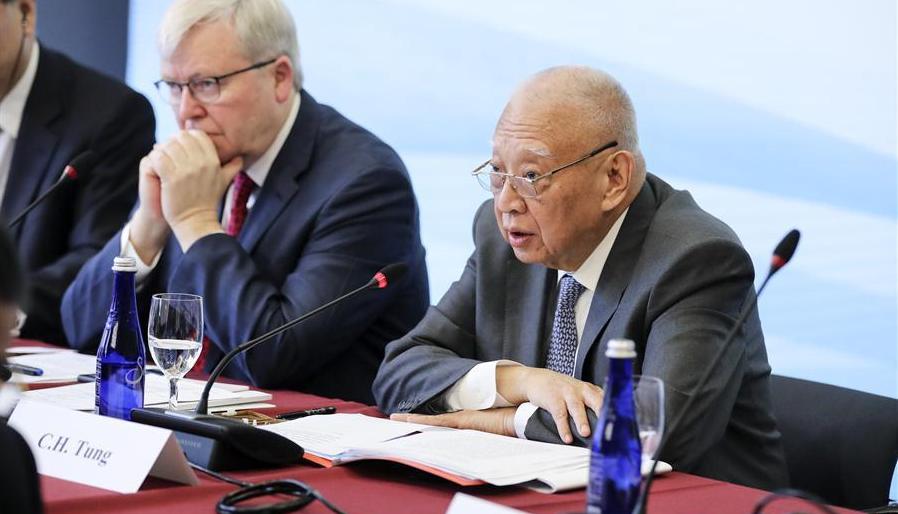
Tung Chee Hwa, Chairman Emeritus, China-United States Exchange Foundation
Jun 15, 2017
The following are remarks by C.H. Tung, Chairman of the China-United States Exchange Foundation, at the High-Level Dialogue on US-China Economic Relations in New York on June 14, 2017. The dialogue was co-hosted by the China Center for International Economic Exchanges and the Asia Society Policy Institute.
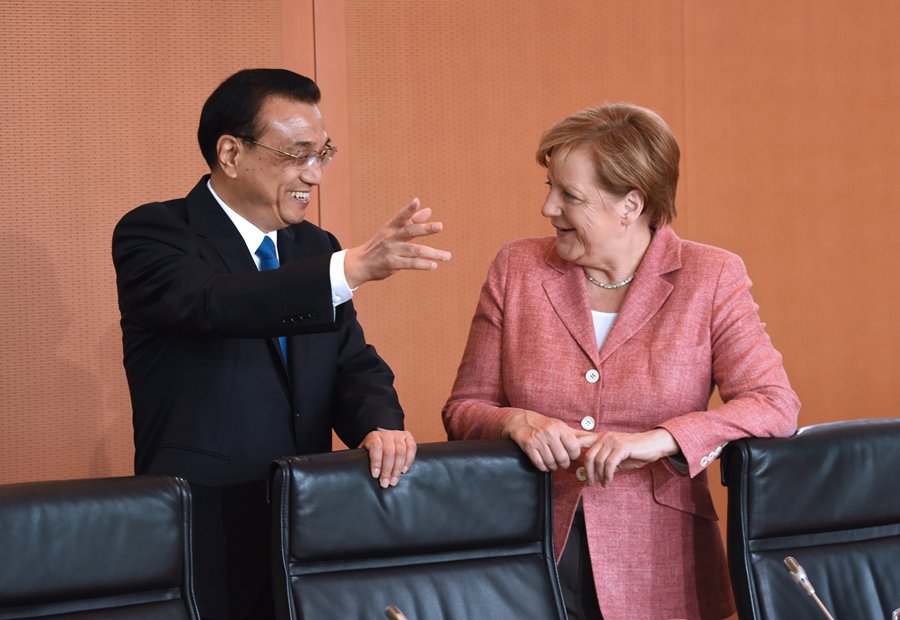
Feng Zhongping, Director, Institute of European Studies, Chinese Academy of Social Sciences (CASS)
Jun 15, 2017
As cooperation advances and with a shared position on climate change, China-EU relations are likely to maintain a momentum of steady growth, and cooperation will become increasingly important in this world of increased uncertainties about the US.
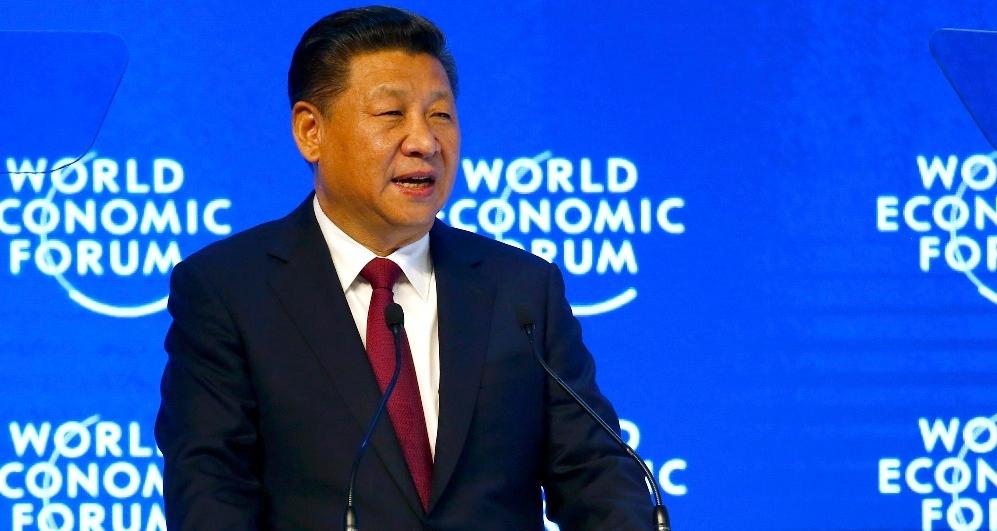
Joseph S. Nye, Professor, Harvard University
Jun 14, 2017
While the BRI will provide China with geopolitical gains as well as costs, it is unlikely to be as much of a game changer in grand strategy. A more difficult question is whether the US can live up to its part.
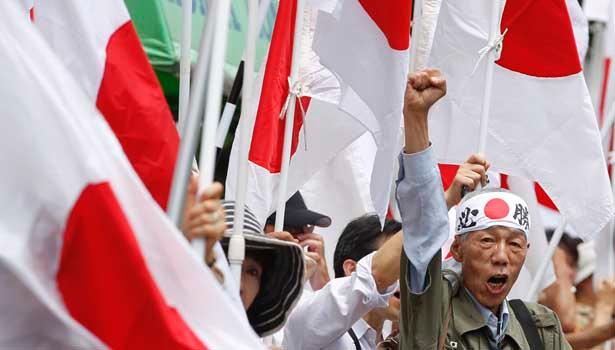
Xu Duo, Fox Fellow, Yale University
Jun 13, 2017
Whereas nationalism in China was fused with “bottom-up” revolutions and thus had an inherent obligation to change existing conditions, nationalism in Japan, aligned with “top-down” restorations and later imperialism, was more a direct force of anti-revolutionary oppression with the obligation to preserve the status quo. Given that Japan’s nationalism is divorced from popular spontaneity and mass support, fears about “resurging Japanese nationalism”, albeit understandable, are probably misplaced.
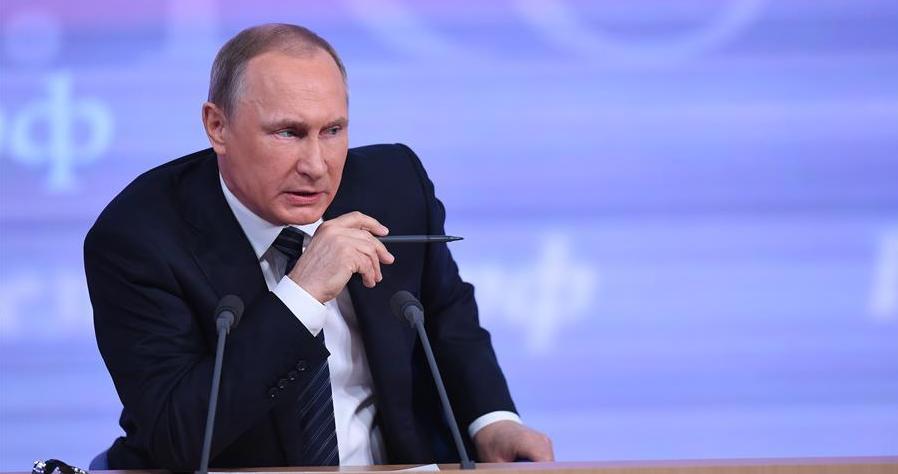
Brahma Chellaney, Professor, Center for Policy Research
Jun 13, 2017
U.S.-led sanctions against Moscow are helping to create a more assertive Russia determined to countervail American power, even as a special counsel investigates alleged collusion between President Donald Trump’s election campaign and Moscow, have compelled Russia to pivot to China.
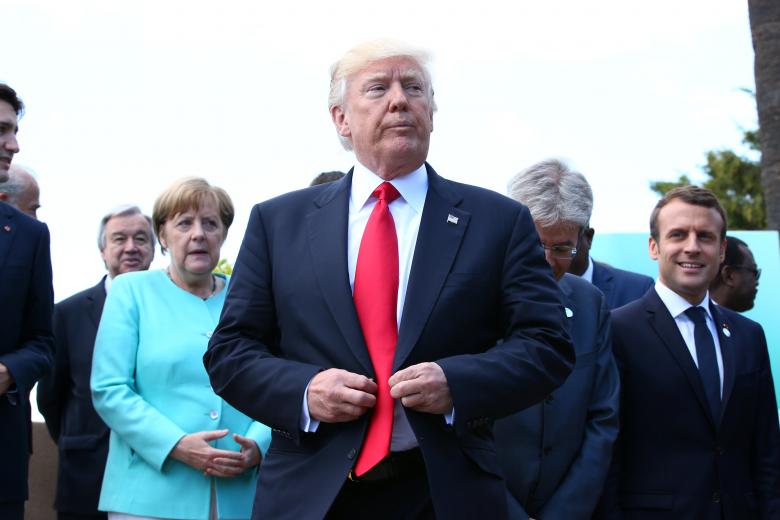
Ma Xiaolin, Professor, School of Arabic Studies, Beijing Foreign Studies University
Jun 12, 2017
Tightening its belt, the US recalibrates its outreach to the rest of the world, from defense to diplomacy to peacekeeping.
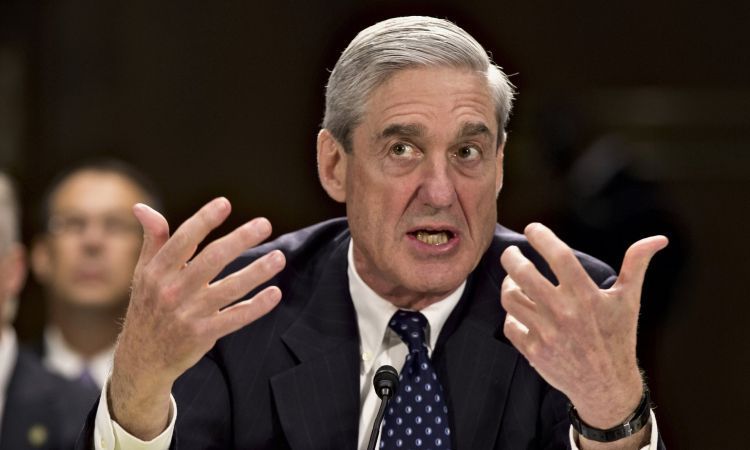
Dan Steinbock, Founder, Difference Group
Jun 09, 2017
In the foreseeable future, the Trump administration will be constrained by the special counsel’s Russia investigation. How will it impact the White House’s relations with China?

Patrick Mendis, Visiting Professor of Global Affairs, National Chengchi University
Joey Wang, Defense Analyst
Jun 07, 2017
When policymakers decide to deal with China, they should remember that Mao’s experience cast a long shadow over China’s history. His admiration for America in his youth as well as his later hopes for U.S.-China rapprochement was later negated by his perception of humiliation, invasion, and partitioning by foreign powers, resulting in his deep distrust of America. Whether anyone accepts it or not, this historical context rooted in the French Château will be the frame of reference, however subtle, for China when dealing with the West.
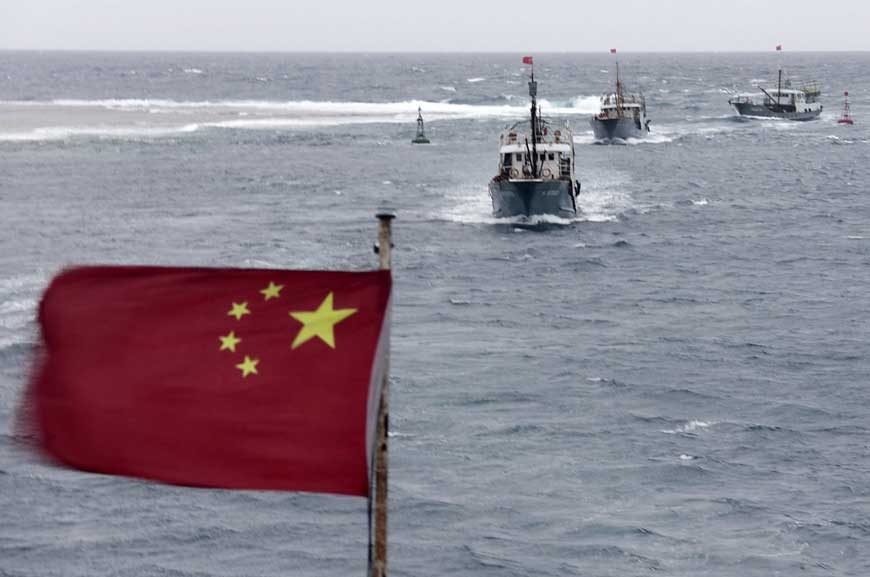
Lucio Blanco Pitlo III, President of Philippine Association for Chinese Studies, and Research Fellow at Asia-Pacific Pathways to Progress Foundation
Jun 05, 2017
The first meeting of the biannual bilateral consultation mechanism to manage the South China Sea disputes, which is hoped to have a positive cascading effect on the early conclusion for a regional Code of Conduct on the disputed sea. Hints of possible cooperation in non-traditional security can be gleaned from President Duterte’s interest to welcome Chinese presence in the Sulu Sea to help address maritime piracy and armed sea robbery.
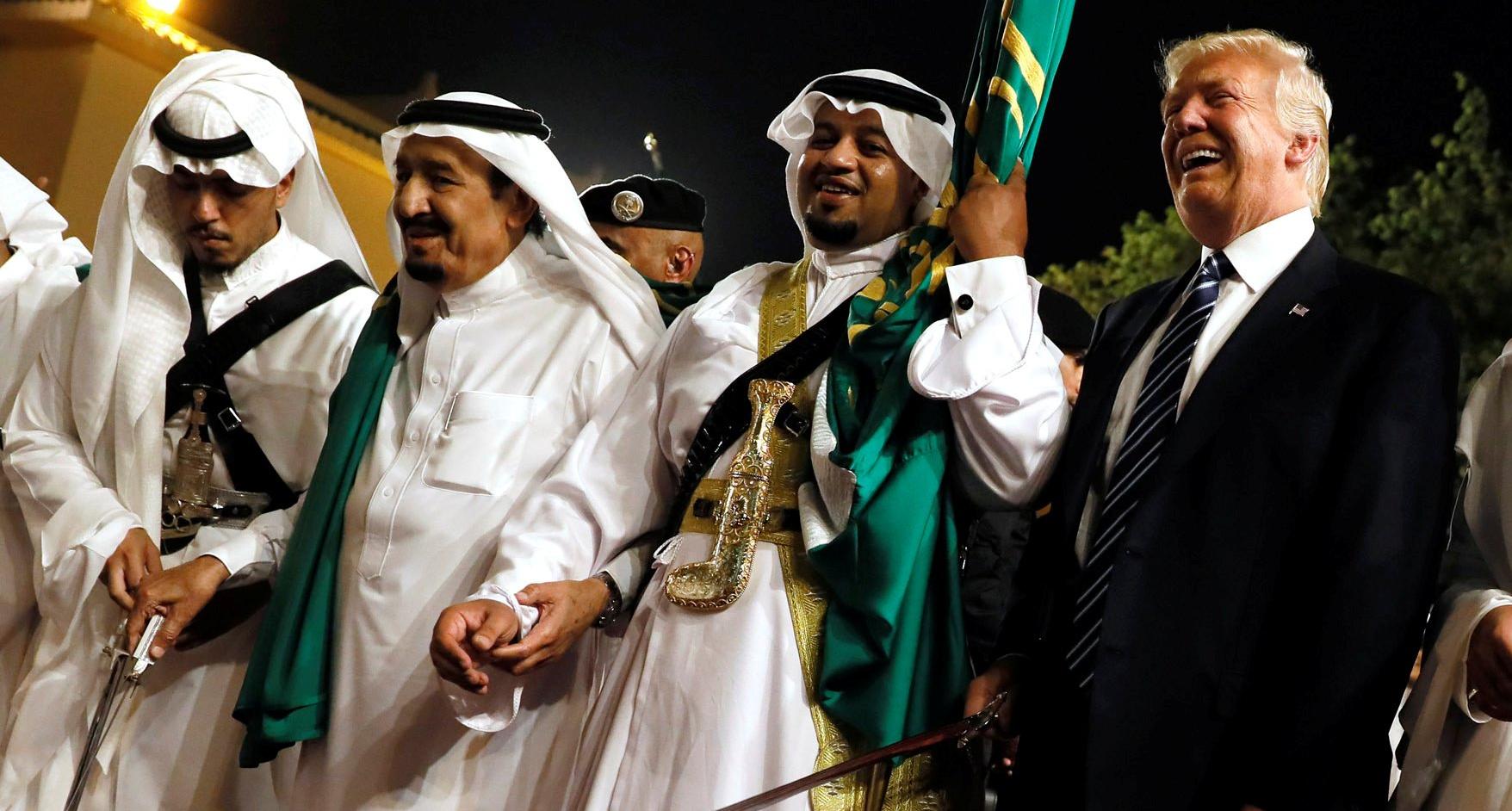
He Wenping, Senior Research Fellow, Charhar Institute and West Asia and Africa Studies Institute of the China Academy of Social Sciences
Jun 05, 2017
With a lucrative arms contract and a strategic shift toward Saudi Arabia Israel, the US consolidated long-standing alliances at the likely expense of warming relations with Iran. But the new president has shifted his ground quickly on more than one issue, and so his Middle East policy still should be viewed as a work in progress.
Back to Top

- China-US Focus builds trust and understanding between the U.S. and China through open dialogue among thought leaders.
- Our Offerings
- Topics
- Videos
- Podcasts
- Columnists
- Research Reports
- Focus Digest
- Stay Connected
-
Thanks for signing up!
- Get the latest stories from China-US Focus weekly.